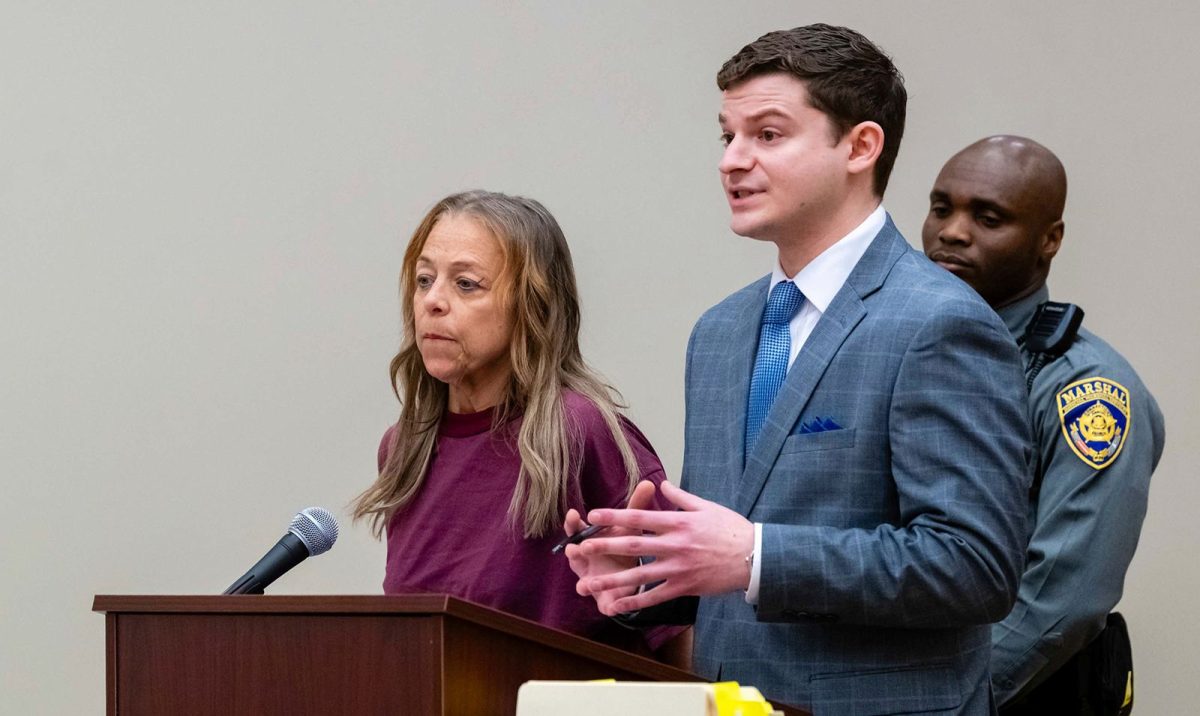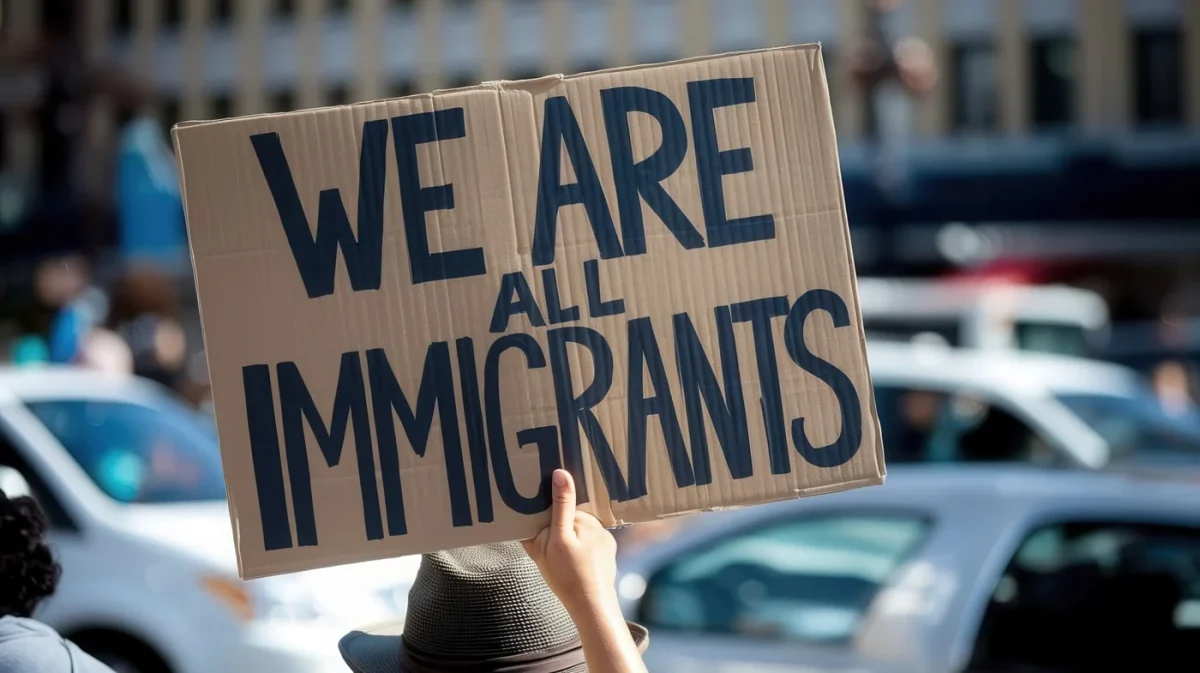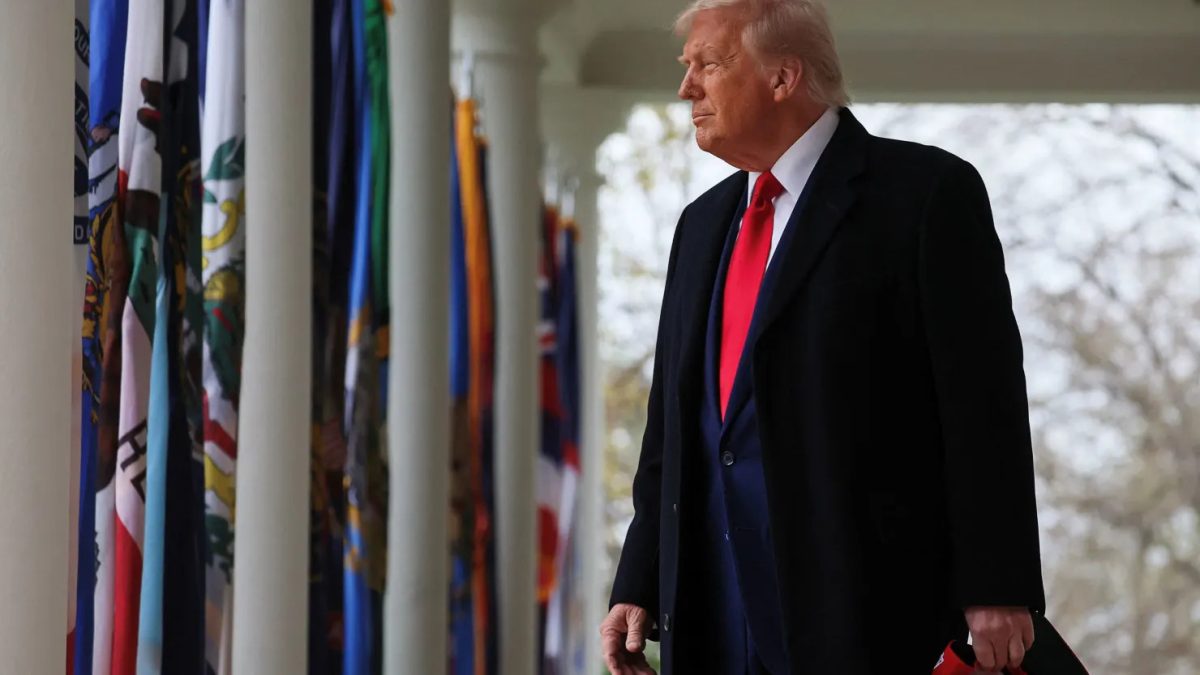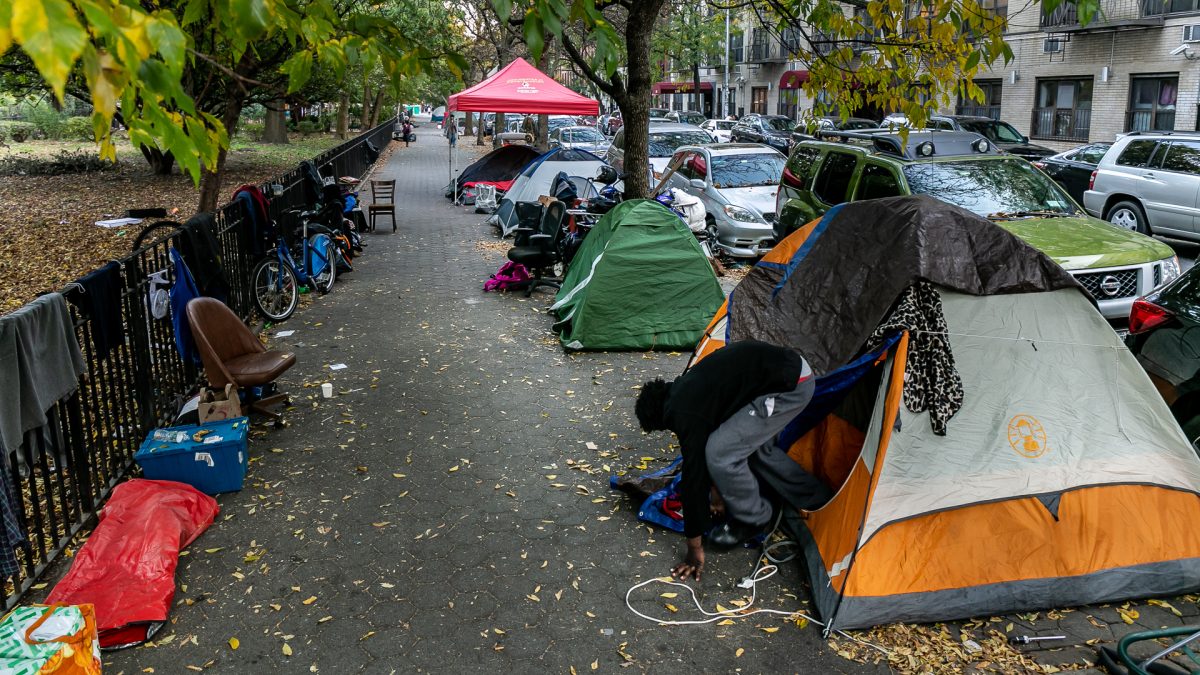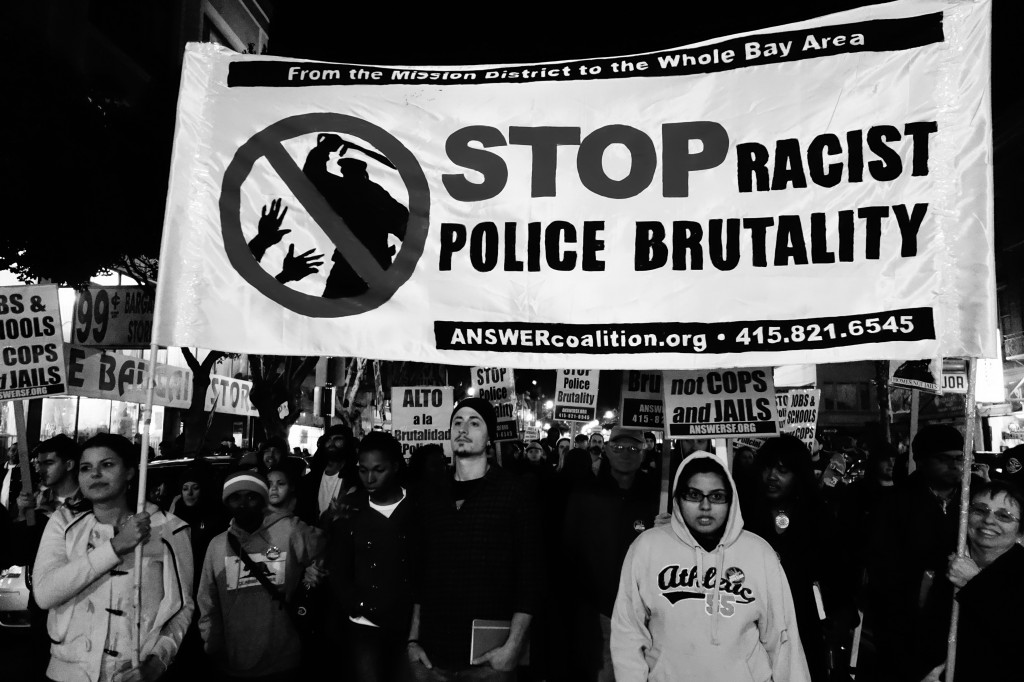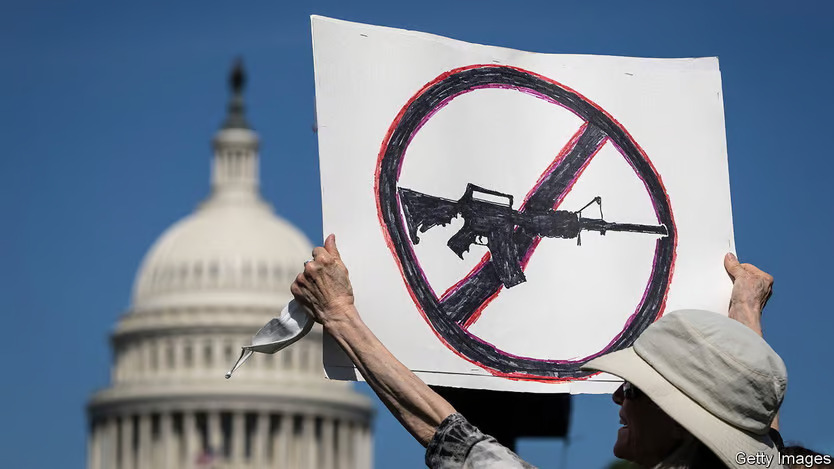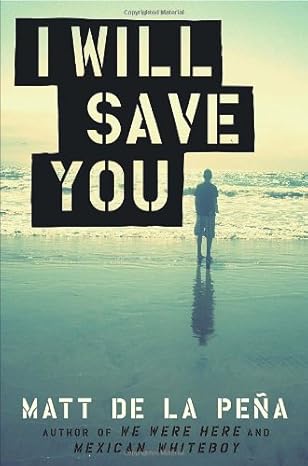An odor of dried blood, sour milk, and rotting flesh filled the small enclosures, their cold concrete floors and cinder-block walls trapping the nauseating stench. Inmates who committed crimes ranging from common drug charges to capital murder filled these cages, stripped of the constitutional rights this country prides itself on.
The American prison system, initially a cornerstone of justice, has become a reflection of society’s shortcomings. Each step of the process – the sentencing phase, prisons, solitary confinement, parole, and the death penalty – are riddled with issues that need fixing. Although it is easy to turn a blind eye to the system, it is crucial to analyze and identify its issues to improve human rights in America’s prisons.
In America’s criminal justice system, the first step is the sentencing phase. The sentencing phase is a hearing where the judge assigns a sentence appropriate to the defendant’s crime. This decision is made using many different legal intricacies, including minimum and maximum sentences.
Minimum and maximum sentences are a huge issue in this phase of incarceration. The Violent Crime Control and Law Enforcement Act of 1994 commenced this practice. Minimum and maximum sentences are a set number of years that correlate with a criminal offense. The judge must follow these parameters when sentencing someone to prison, regardless of any extenuating circumstances.
To improve overzealous sentencing, all laws pertaining to minimum and maximum sentences should be abolished. Criminal justice reforms have attempted to combat this issue, but have had little success. Although withdrawn from congressional review, B24-0416, a criminal justice reform bill from 2023, should be retried as it holds potential to abolish this policy. In this reform, it outlines the importance of specifically removing minimum sentences, especially on minor charges (ex. drug crimes), as it is leading to mass incarceration. It proposes the idea of increasing the use of probation which still enforces punishment without making prisons even more overpopulated.
The next issue in the criminal justice system are the prisons themselves. Right now, prisons are organized into 6 distinct groups: minimum, low, medium, high, and administrative security. Minimum security is the most lenient type of prison. They are full of inmates with minor criminal offenses, have a low-staff to inmate ratio, limited or no perimeter fencing, and are work/program oriented. On the other end of things, administrative prisons are the most secure. They are known as penitentiaries, and highly secured perimeters and dormitory style housing.
The biggest issue within the prisons is their heavy focus on punishment over rehabilitation. Although America’s individualistic culture supports the eye for an eye methodology, it has been unsuccessful. The heavy focus on mass incarceration and punishment has led to extremely high rates of recidivism. Research conducted by The U.S. Department of Justice reveals that 82 percent of individuals released from state and federal prisons are rearrested in the next decade. Inmates are treated like animals, leading them to act like animals upon release. They forget how to function in society during their period of incarceration.
To combat this problem, rehabilitation and work services should be enforced in prisons. The Berkeley Political Review offers a qualitative analysis of Norway’s prison systems, which has one of the lowest recidivism rates in the world. The country has achieved a low 20 percent rate of recidivism through their focus on rehabilitation, therapy, and work. Although it would be challenging to directly translate the way these prisons work in America, the general idea could be a start.
Solitary confinement, another unethical piece of the criminal justice system, needs fixing. Solitary confinement is when inmates are locked in small and highly secured cells without a break. In some prisons, inmates are allowed an hour each day outside of their confined space, but this is not always common practice.
Although this practice is riddled with issues, the most unethical is completely stripping inmates of socialization. Research conducted at the University of California San Francisco outlined the health risks associated with social isolation. This study revealed that loneliness can cause elevated levels of stress hormones, elevated heart rate, increased blood pressure and sugar levels, and reduce the number of antibodies the body produces to effectively fight off infections.
Solitary confinement is one of the few on this list that can not be fixed. The practice needs to be abolished completely. Study after study proves it has a negative impact on people’s health, making an infringement of America’s 8th amendment right. The eighth amendment promises, “… excessive bail shall not be required, nor excessive fines imposed, nor cruel and unusual punishments inflicted,” which is not upheld in solitary confinement.
Similar to solitary confinement, the death penalty is another legal practice that should be illegal. The death penalty is a sentence that can be given to the worst criminals, and, as the title hints, sentences them to death. The most common practice used in modern day is lethal injection, but hangings, gas chambers, firing squads, and electrocution have been utilized in the past.
The biggest issue with the death penalty is how unethical and harmful it is. The inmate on death row has to cope with something impossible to imagine. Not only that, but there have been multiple recorded instances where innocent people have been wrongfully executed for a crime they didn’t commit. Even beyond the criminal facing punishment, the guards and prison workers who have to administer lethal injections have high recorded rates of depression and mental health issues. There are little to no redeemable qualities about this practice.
Like mentioned in relations to solitary confinement, the death penalty is also an infringement on a person’s 8th amendment right. Sentencing someone to death is both cruel and unusual, making it another systematic practice that needs to be abolished.
Lastly, one of the more ethical practices related to the prison systems, probation. Probation is the release of an offender, while still being under supervision to ensure good behavior and proper readjustment to society.
One of the biggest issues with probation is the complexity in receiving it. To be paroled, inmates need to attend parole hearings. An article published by Arnold Ventures supports this, saying, “It’s a running joke that the first time you go before the parole board, it’s an automatic denial…”.
To fix this issue, a criminal justice reform bill should be created to make parole more attainable. It should include the push for more parole (lowering incarceration rates), and a way to better run the system to get more people paroled.
America’s prison system is often sensationalized, since the country is recognized as being legally developed. However, the system is clearly riddled with deep flaws that need societal push back. Hopefully, education and understanding of these flaws will inspire a fight for life-saving change.



